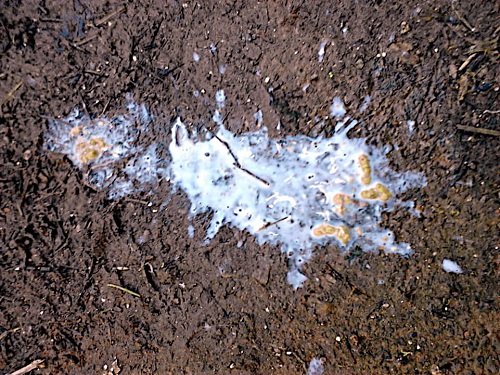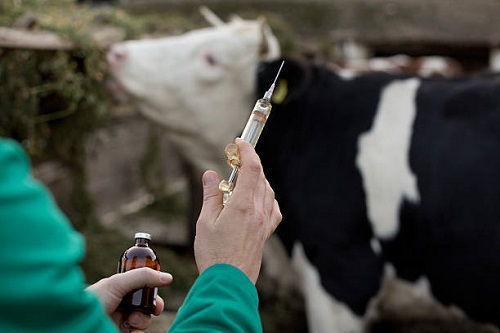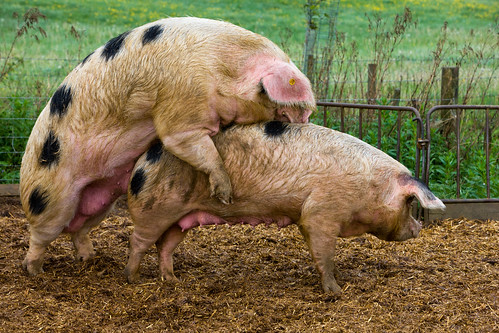Diarrhea is the passage of loose or watery poop several times a day. It is also known as bowel movements. Diarrhea is a symptom of many diseases and can be caused due to bacterial, viral, fungal infections and parasitic infections.
A white diarrhea condition in chickens or other poultry is something that affects the large intestine of a bird. The condition can be caused by many things, but it is most commonly caused by a bacterial infection.
What is White Diarrhoea?
A white diarrhea condition in poultry is characterized by a whitish, chalky substance present in the poultry’s fecal droppings or poop. The condition can be very dangerous for your birds if it is not treated immediately. If you notice this condition in your chickens, turkeys, ducks, etc. you should immediately consult a veterinarian.
Causes of White Diarrhoea in Poultry Birds
The causes of white diarrhea in poultry are as a result of diseases like:
- Bacillary White Diarhoea (Pullorum Disease)
- Infectious Bursal Disease
Bacillary White Diarhoea (Pullorum Disease, Salmonellosis)
Pullorum disease is a disease of poultry caused by the bacterium Salmonella pullorum. It is a subspecies of the bacterium Salmonella enterica, which also causes human foodborne illness. This disease is characterized by white diarrhea and the mortality rate can reach 100% if the problem is not treated in time.
The bacteria are transmitted from hen to chick in the egg and through the environment. They are usually acquired by the hen from her environment and may live in the hen’s ovaries or oviducts without causing disease.
The infection is more common in young chicks, which can die within a few days of infection. In older birds, the disease may cause infertility or a reduction in egg production.
Symptoms include fever, lethargy, and swelling of the head and neck. The disease is not usually fatal to adult birds but can be fatal to young birds.
Some antibiotics such as sulfonamides and nitrofurans are used to treat BWD or pullorum as well as reduce the risk of mortality.
2. Infectious Bursal Disease (IBD or Gumboro Disease)
Infectious bursal disease, also called Gumboro disease, is a highly contagious viral disease of chickens and turkeys. It is caused by an RNA virus belonging to the genus “Avibirnavirus” in the family “Birnaviridae“. The disease is characterized by a sudden onset of clinical signs, including respiratory distress, abdominal distension and pale comb and wattles. Mortality rates can be high in affected flocks.
Infectious bursal disease or gumboro is spread by aerosol transmission, with birds in close proximity to infected birds being most at risk. Transmission can also occur via contaminated clothing and equipment. The virus is present in the feces of infected birds and can survive for up to two weeks in the environment.
Symptoms include watery or white diarrhea, anorexia, depression, lethargy, huddling, ruffled feathers, reluctance to stand and loss of appetite.
The incubation period is between one and three days, with mortality rates ranging from 20 to 50 percent.
There is no specific treatment for infectious bursal disease, but it can be prevented by good biosecurity measures. It is recommended that all birds are vaccinated against the disease. Vaccination is not 100% effective, but it can reduce the severity of the disease and its spread. Vaccines are available from your vet.
Anytime a bird becomes sick, it is important to take it seriously and treat the illness quickly. While the above tips are effective against white diarrhea problems in birds, if you notice white diarrhea in your flock, reach out to a veterinarian to recommend the optimal drugs or control plan to combat the problem.




I want to be a farm manager, what qualities do i require to have.